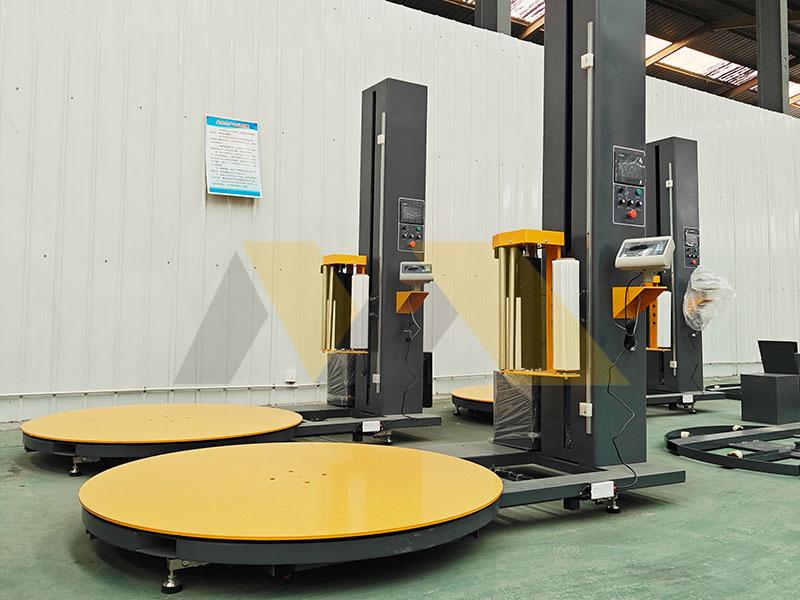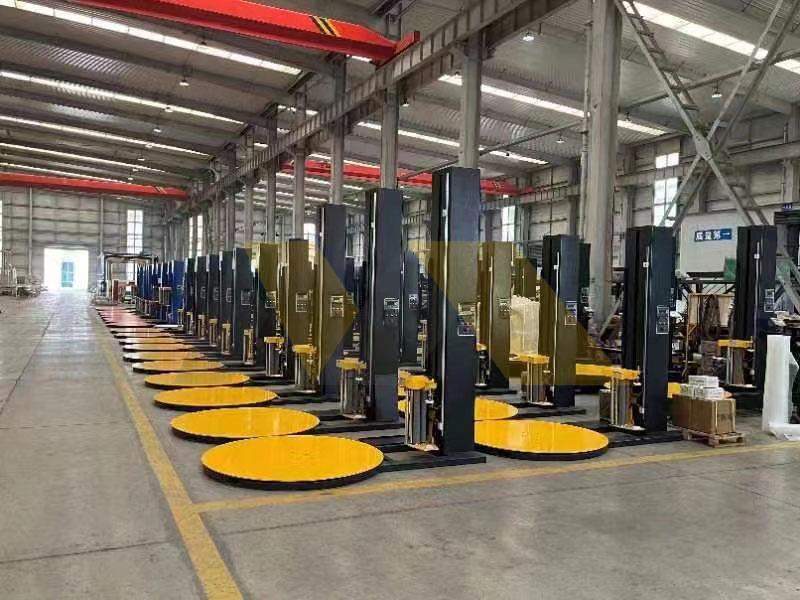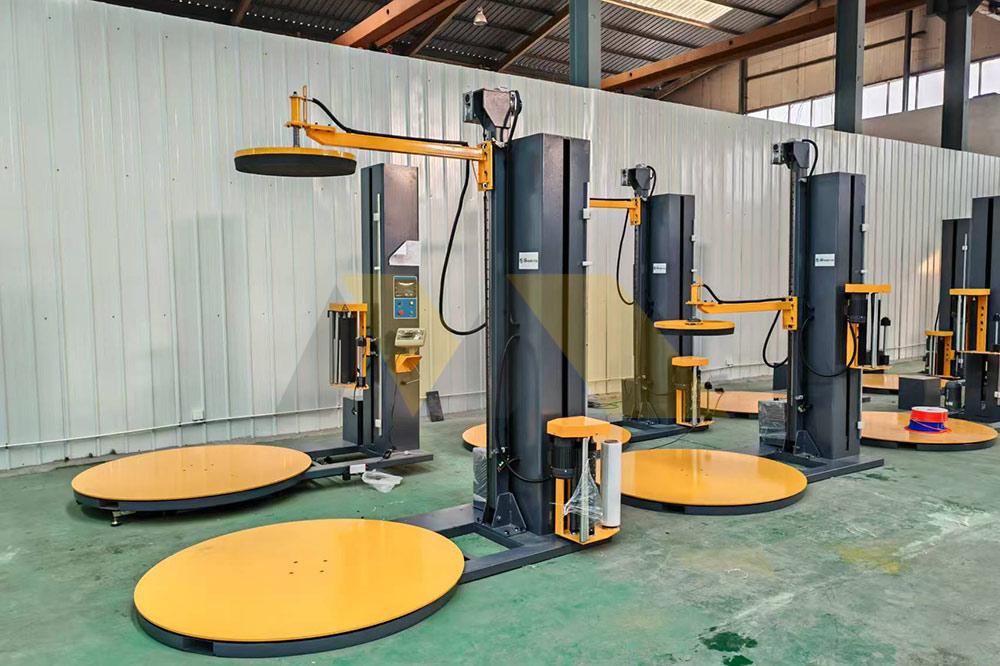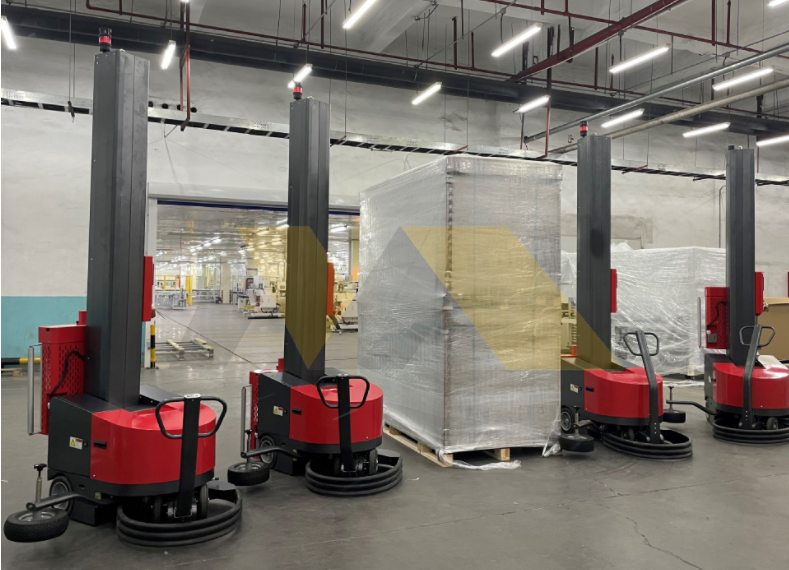Purchasing from China saves costs but has risks. Many buyers experience delays and counterfeit certificates. Protect yourself through diligence—demand factory proof and bulletproof contracts. Let me show you how.
Start by watching for red flags: suppliers hiding factory details, resisting video tours, or avoiding sample tests. Always insist on third-party inspections and video walkthroughs—it filters out 90% of risky vendors instantly.
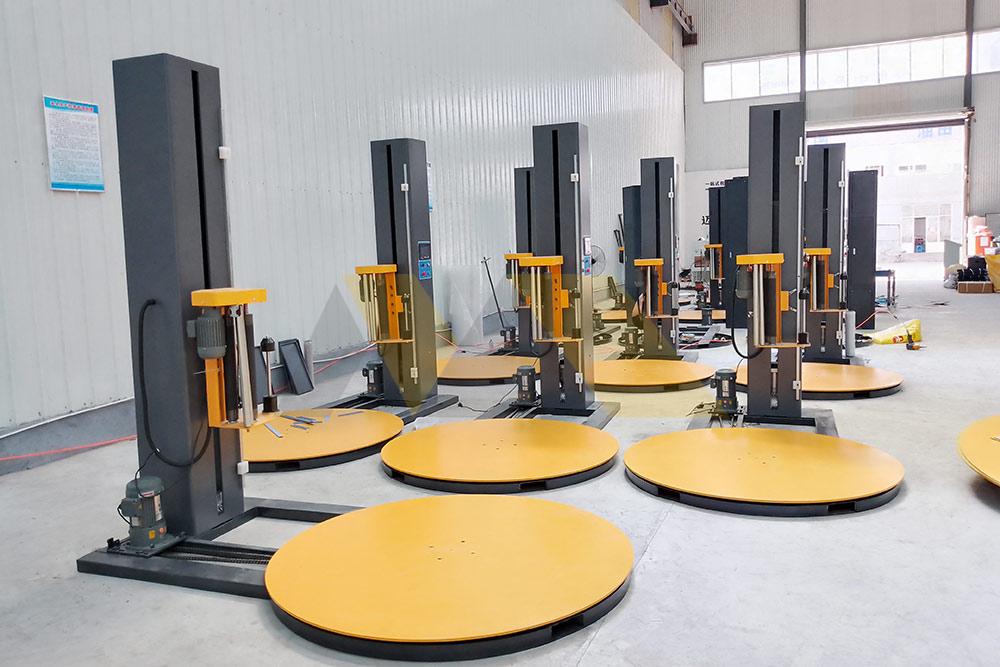
What red flags show a bad supplier?
Dodgy suppliers cost you time and money. I nearly lost $60k to one refusing video verification. Spot trouble early—save your investment.
Warning signs include avoiding factory photos, fake certificates, or rushed payments. Always demand: (1) live video tours (2) sample machine testing (3) contactable references. Missing just one risks scams.
Critical verification layers
Three checks prevent disasters:
-
Visual Proof
Insist on real-time factory footage—record machinery production lines. I once caught a "factory" using stock photos when their live feed showed empty warehouses. -
Document Scrutiny Test Type Real Certificate Fake Alert CE Database-verified ID Missing registration ISO Issuing body contact Blurred seals SGS Valid date ranges Expired stickers
Send certificates to verification bodies—counterfeits often omit QR codes.
- Reference Trap
Contact past clients directly. Ask about hidden costs or delays. One client uncovered 30% defect rates this way. WhatsApp us direct to share verification templates.
How to verify CE/SGS/ISO certificates?
Fake certificates flooded last year’s Canton Fair. My client received forged SGS paperwork—delaying shipments 8 weeks. Never assume paperwork is real.
Check certificates via issuer websites using unique IDs. For ISO: validate scope includes packing machines. Expired CE marks? Reject immediately—non-compliant machines get seized at customs.
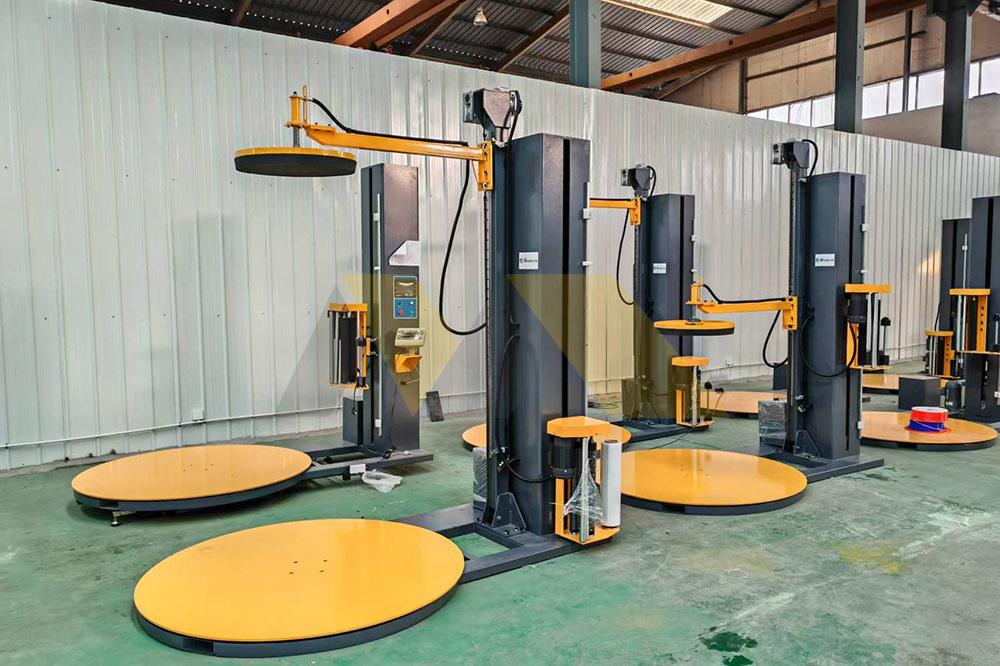
Certificate authentication blueprint
Follow this workflow:
Step 1: Digital cross-check
- Search databases:
- CE: EU Official Portal
- SGS: Report Verification
- ISO: IAF CertSearch
Step 2: Physical details matter
- Paper quality: Official docs use watermarked paper
- Embossed seals: Run fingers over logos—fakes lack texture
- Signature validation: Call issuer to confirm signatory
Step 3: Machine-specific validation
Machines require model-specific approvals. One buyer discovered certificates only covered motors—not full assemblies. Demand written confirmation covering YOUR configuration.
Pro tip: We email certs directly from testing agencies—ask us for samples!
Do Chinese factories offer custom solutions?
Yes, but customization doubles risks. We adapted a machine for frozen goods last month—it required reinforced seals and temperature ratings. Without clear specs, this could’ve failed.
Customizations are possible but impact delivery timelines and debugging. Always include these in contracts: (1) technical drawings sign-off (2) penalty clauses for delays (3) acceptance testing protocols.
Navigating the customization maze
Breaking down complexity prevents failures:
Technical specification control
-
Material Upgrades Table Standard Custom Impact Frame Mild steel Stainless steel +30% cost Sensors Basic IR Laser-guided +2 weeks PLC Standard Siemens Requires recert -
Pre-shipment validation
Demand video tests:- Load simulation at max weight
- 100-cycle stress run
- Custom function demonstrations
WhatsApp us direct for our build progress timeline—avoid surprises.
Why is communication vital?
My Canadian buyer avoided $78k in penalties because we documented everything. Language gaps cause costly errors—like "metric vs imperial" confusion stalling installation.
Timezones and terminology breed mistakes. Mitigate by: (1) assigning one bilingual contact (2) recording technical calls (3) sending video updates weekly. Immediate escalation prevents 80% of disputes.

Building failure-proof communication
The 3-channel rule
Use only:
Email = Legal approvals
WhatsApp = Urgent issues
Video calls = Technical reviews
Mistake-prevention tactics
- Glossary first
Define 10 critical terms (e.g., "lead time" starts at contract signing) - Visual proof points
Replace verbal descriptions with:- Annotated photos
- Part measurement videos
- Time locks
Require 24-hour confirmations for all changes
One client averted customs rejection by spotting mismatched voltage in testing videos. Our quality portal provides real-time access—ask for demo login.
Conclusion
Verify suppliers through onsite evidence and certified documents. Lock customizations in contracts, enforce strict communication, and never skip acceptance testing. Protect your investment starting today.

